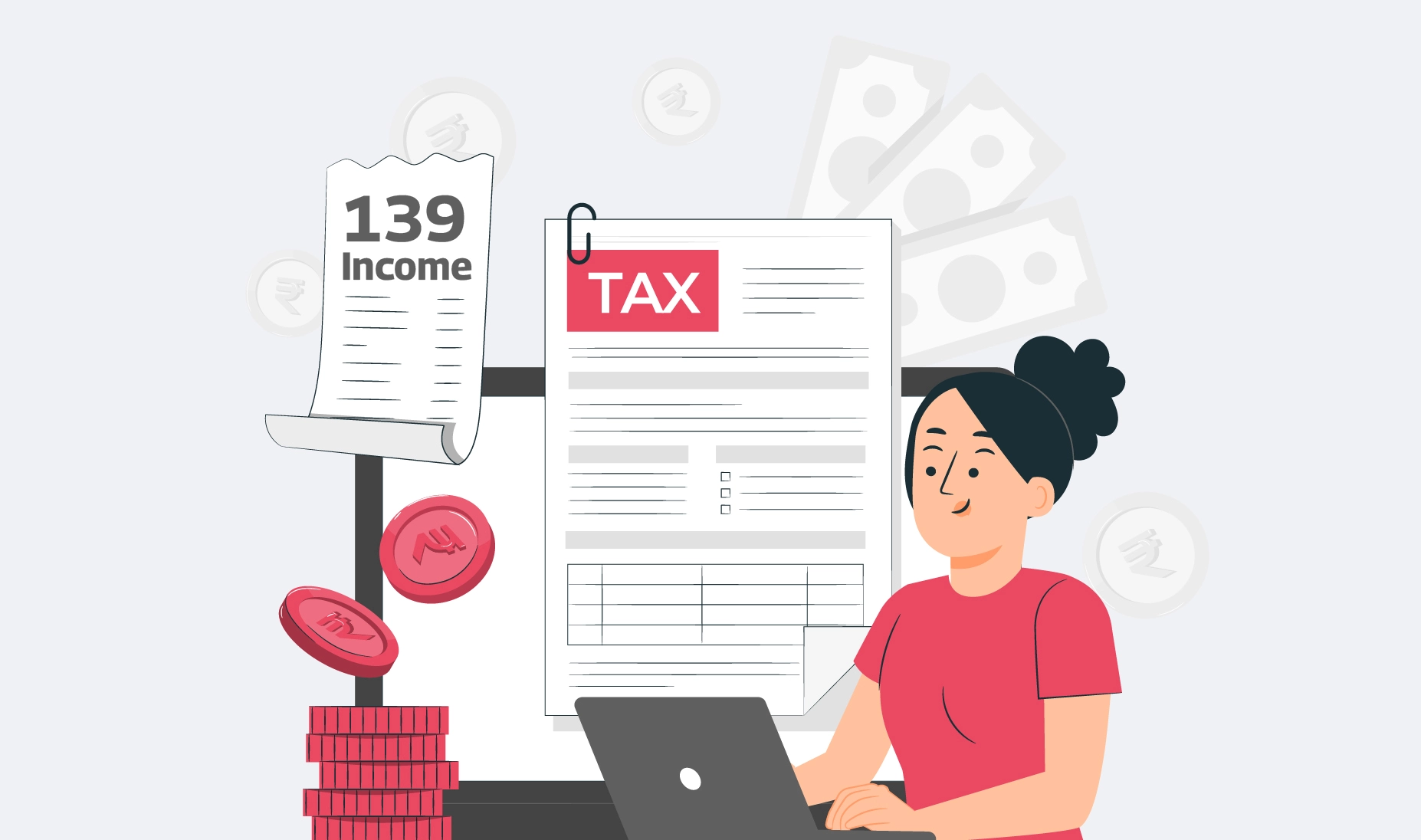Related Articles
 Jan 08, 2025
Jan 08, 2025
Is Varicose Vein surgery covered under the health insurance policy in India
 Health Insurance
Health Insurance
.png)
Health insurance is no longer a luxury; it has become a ‘must have’ especially for urban dwellers owing to their lifestyle. Medical emergencies can come unannounced, uninvited, and often catch us off guard. This is where health insurance plays a significant role – in covering up and reimbursing unprepared expenditures that can heavily burden our pockets at times. But before you go on to buy a health insurance policy for you and your family, it’d help to know that they are of two types – Short-term Health Insurance and Long-Term Health Insurance.
This post specifically talks about long term major medical health insurance plans and the several benefits they offer to the policy-holder.
.png)
Let’s begin by understanding the meaning of long term major medical health insurance. It is essentially a health insurance policy that is issued for a period of at least 2-3 years, unlike the short-term health insurance plans that last for only a year. Besides, short-term health insurance also demands yearly renewals to continue enjoying coverage.
Long-term health insurance does away with the hassle of yearly renewal since it can be issued for longer durations at once – starting from 2 or 3 years up to as long as you may wish for. This is why it is also known as long term major medical health insurance, as it provides more coverage in comparison to its counterpart – short-term health insurance plans.
As compared to short-term health insurance, long-term healthcare insurance is relatively more comprehensive and includes wider areas of health services for coverage. Some of the healthcare expenses covered under long-term health insurance include:
Getting a long term health insurance plan for you and your loved ones has several advantages over the basic short-term plan. Let’s look at some of these here:
After reviewing the several benefits offered under long-term health insurance plans, it’s only natural to ask – “Which is the best health insurance policy – short-term or long-term?”
While buying health insurance for short terms does give you the advantage of paying a low premium, it cannot be denied that long-term healthcare insurance plans provide comprehensive coverage benefits, which cannot be obtained when buying short-term health insurance.
For instance, long-term plans cover pre-existing health conditions, not covered under insurance for short terms. Similarly, the scope of coverage under insurance plans for long term is also wider than the one offered by short-term policies.
Therefore, if you’re looking for the best health insurance plan in India, long-term policies can be your answer. And yes, to purchase the best long term health insurance for your needs, it’d be better to check and compare the policy features as well as benefits offered by various insurance providers before making your decision.

Paybima Team
Paybima is an Indian insurance aggregator on a mission to make insurance simple for people. Paybima is the Digital arm of the already established and trusted Mahindra Insurance Brokers Ltd., a reputed name in the insurance broking industry with 17 years of experience. Paybima promises you the easy-to-access online platform to buy insurance policies, and also extend their unrelented assistance with all your policy related queries and services.

Taxpayers should know more about Section 139(1) of the Income tax act since it is the section under which they have to file their returns if they have missed filing within the due date.


Have you ever caught yourself lost in illusions about your daughter's future events, such as her university convocation and first day at work? Her university convocation. When she embarks upon her initial job after graduation will be the day.

In a country where medical inflation is rising rapidly, securing a comprehensive health coverage plan for the entire family is no longer optional, it is essential. Selecting the right health insurance requires careful evaluation of multiple factors, not just premium costs. A well-chosen plan ensures financial security, access to quality healthcare, and peace of mind during medical emergencies.


Term insurance is an important investment. However, with the availability of so many insurers offering term plans, it becomes difficult to select the best term plan to suit your needs. Buying a term plan needs some consideration and research on the part of the policyholder. In this post, let us discuss the best term insurance providers in India.

.png)
When you sign up for a life insurance policy - whether it’s a traditional term insurance policy or a ULIP – you are not just buying peace of mind. You are also trusting the insurer with your money. So naturally, you would want to know: How is that money being managed? And more importantly, how is it being protected from risky decisions?
